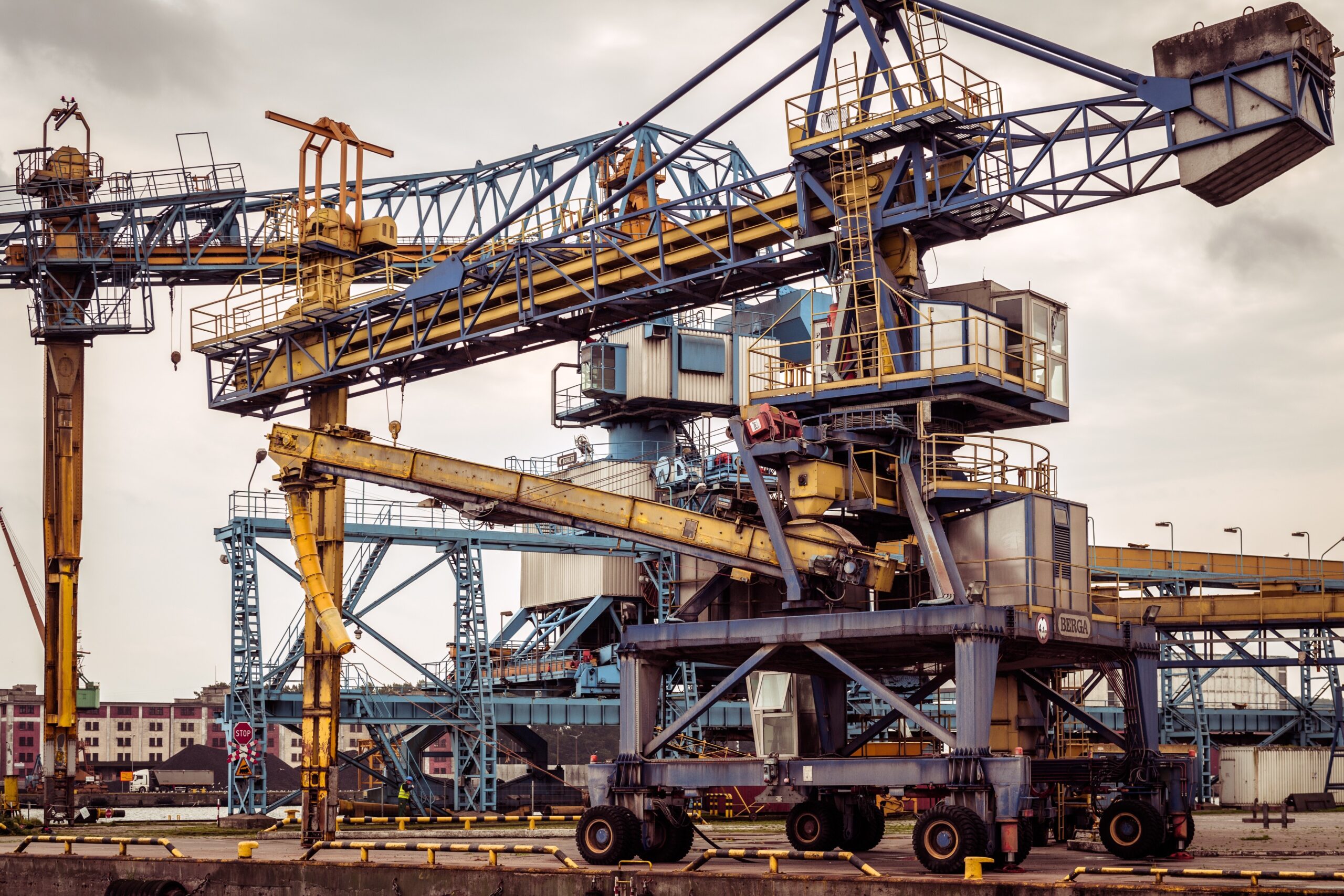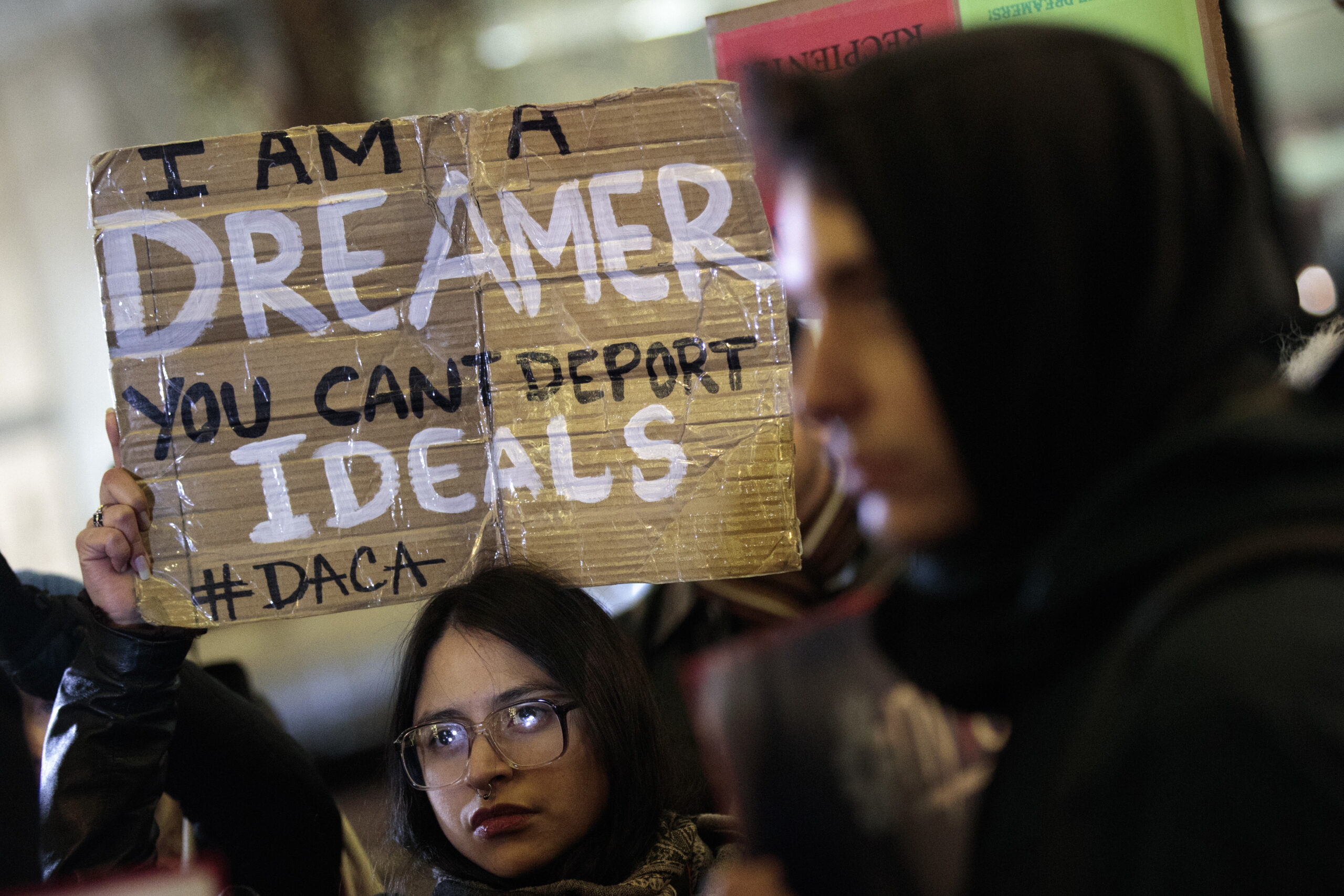How Much Money Do US Politicians Make?

Jul 28 | 2020

It’s easy to forget that the presidency of the United States is a government job just like any other–in that it comes with a stipulated salary and benefits. But regardless of their bombastic rhetoric or self-serious public image, politicians are like all other government employees. The president, vice president, and legislators earn an annual income






